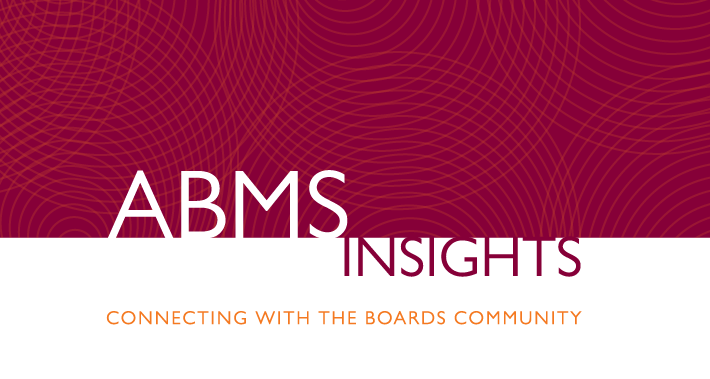

Six American Board of Medical Specialties’ (ABMS) Member Boards chose CertLink® as a platform to introduce longitudinal assessment into their continuing certification programs. Of those, four boards are now using CertLink as an alternative to their 10-year Maintenance of Certification (MOC) examinations, while two boards are winding down their pilot programs.

In 2020, the American Board of Medical Genetics and Genomics (ABMGG) replaced its 10-year secure exam with CertLink following a successful two-year pilot. Sixty-four percent of eligible medical geneticists participated in the pilot. In a subsequent survey, 94 percent said the questions were useful learning tools, 96 percent indicated it is a feasible method to keep current, and 90 percent said it helped them to identify gaps in their own knowledge. The platform allows for multiple assessment options and customization for both clinical geneticists and medical geneticists in the laboratory specialties. ABMGG is working to develop an article-based question component and to provide continuing medical education (CME) and lifelong learning activity credit for participation.
In January of this year, three more Member Boards introduced CertLink as part of their continuing certification programs.
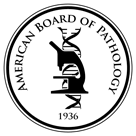
The American Board of Pathology (ABPath) began offering ABPath CertLink® as an alternative to its traditional continuing certification (formerly MOC) exam. Because of the heterogeneity in the practice of pathology, ABPath CertLink features more than 30 content areas and a flexible assessment design. This allows board certified pathologists to design an assessment that best fits their knowledge needs and areas of practice. In addition, all pathologists are assigned a percentage of core questions based on their primary and/or subspecialty certifications. They also can earn CME credit for participation.

Following a three-year pilot, the American Board of Nuclear Medicine (ABNM) began offering CertLink as an alternative to its traditional MOC exam. Ninety-nine percent of participating nuclear medicine specialists who responded to feedback surveys believe that CertLink questions were useful learning tools, 89 percent found the questions helpful for keeping current in the specialty, and 88 percent would recommend CertLink to a colleague. Furthermore, performance on CertLink was positively correlated to the performance on the initial certification and MOC examinations. In 2019, ABNM introduced longitudinal assessment to trainees using CertLink-in-Training, or CertLink IT®, to help trainees make the transition to becoming board certified. Although not required, ABNM strongly encourages trainee participation.
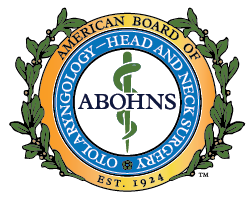
As part of the American Board of Otolaryngology – Head and Neck Surgery (ABOHNS) CertLink assessment, board certified otolaryngologists can earn CME credit for participation through the American Academy of Otolaryngology–Head and Neck Surgery Foundation. ABOHNS has collaborated with the Academy to provide reference links to high-quality CME activities for further self-study. ABOHNS also has incorporated assessment of COVID-19 knowledge into core material delivered across all eight modules of CertLink, which will replace the board’s 10-year MOC exam.
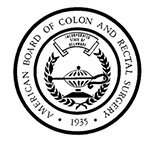
The American Board of Colon and Rectal Surgery (ABCRS) continues pilot testing CertLink with the goal of moving to a permanent program at year’s end. To date, more than half of board certified colon and rectal surgeons are participating in CertLink, which will replace ABCRS’ 10-year MOC exam. As an incentive for participation, ABCRS is offering CME credit. Last year, ABCRS introduced an article-based assessment component to provide the latest information and help surgeons integrate that knowledge into practice. More than 93 percent of participating surgeons prefer participating in CertLink rather than taking a 10-year exam, and 86 percent find CertLink to be a valuable learning experience. The impact of the pilot’s article-based assessment, which has received positive feedback, is being evaluated.
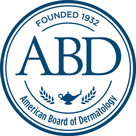
The American Board of Dermatology (ABD) is in the second phase of its CertLink pilot. Board certified dermatologists currently have the option to take the traditional MOC exam or enroll in CertLink. However, after 2025, ABD will retire the traditional exam. Original, peer-reviewed articles from the Journal of the American Academy of Dermatology are prominently featured in the article-based question component of the ABD’s CertLink assessment. By linking these articles with its assessment, ABD assists dermatologists in filling practice and knowledge gaps as well as advancing recent developments related to the prevention, diagnosis, and treatment of disorders of the skin, hair, and nails; the outcomes of clinical, investigative, and population-based studies; and the availability of high-quality, cost-effective, and innovative patient care modalities.
As the Member Boards leverage their assessments to drive learning, they continue to study the feasibility, reliability, and validity of the new models compared with the traditional exams, and through ongoing feedback from users to assure that the process and content meet the needs of practicing clinicians and contribute to their professional development.
© 2021, American Board of Medical Specialties
